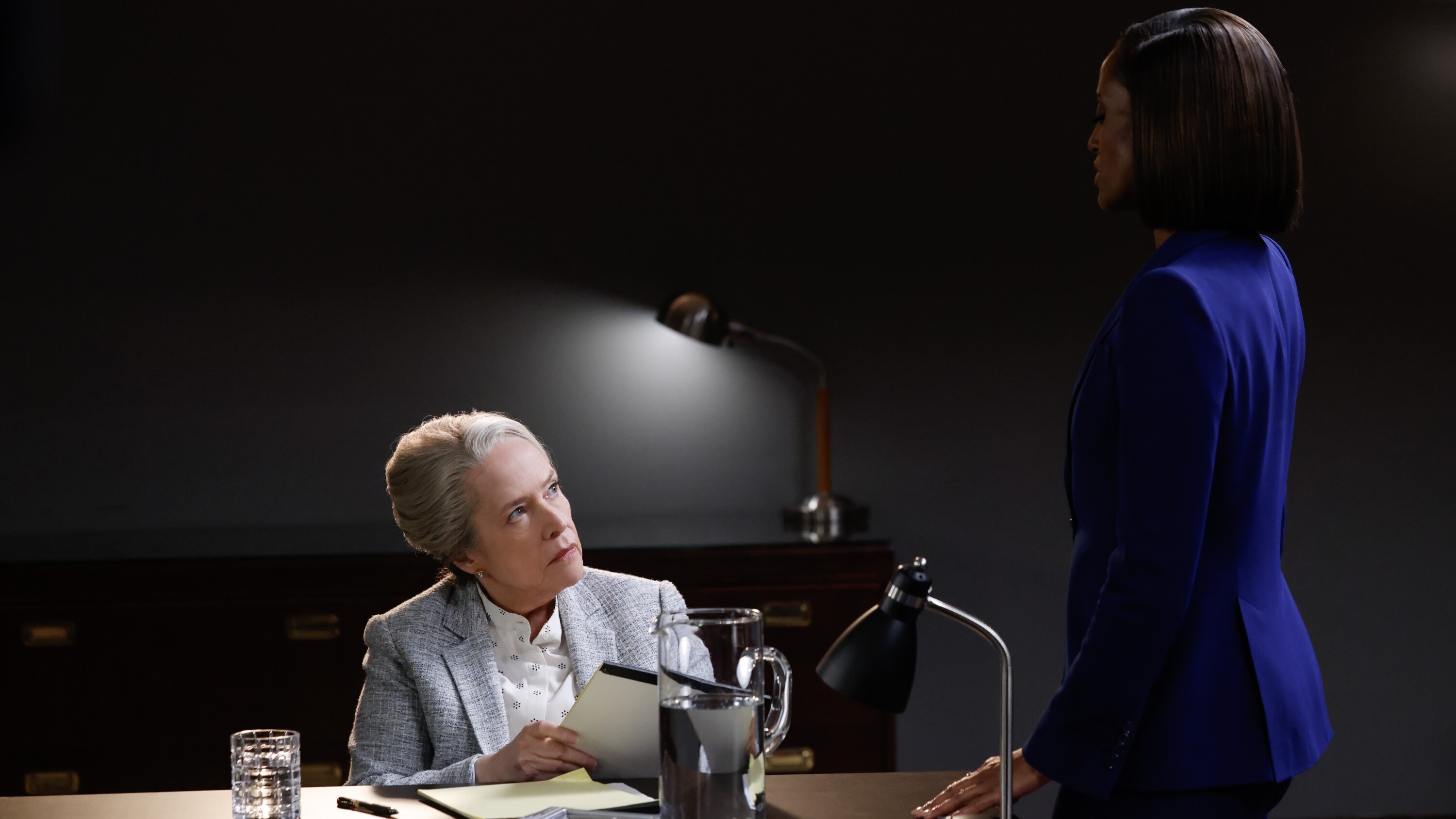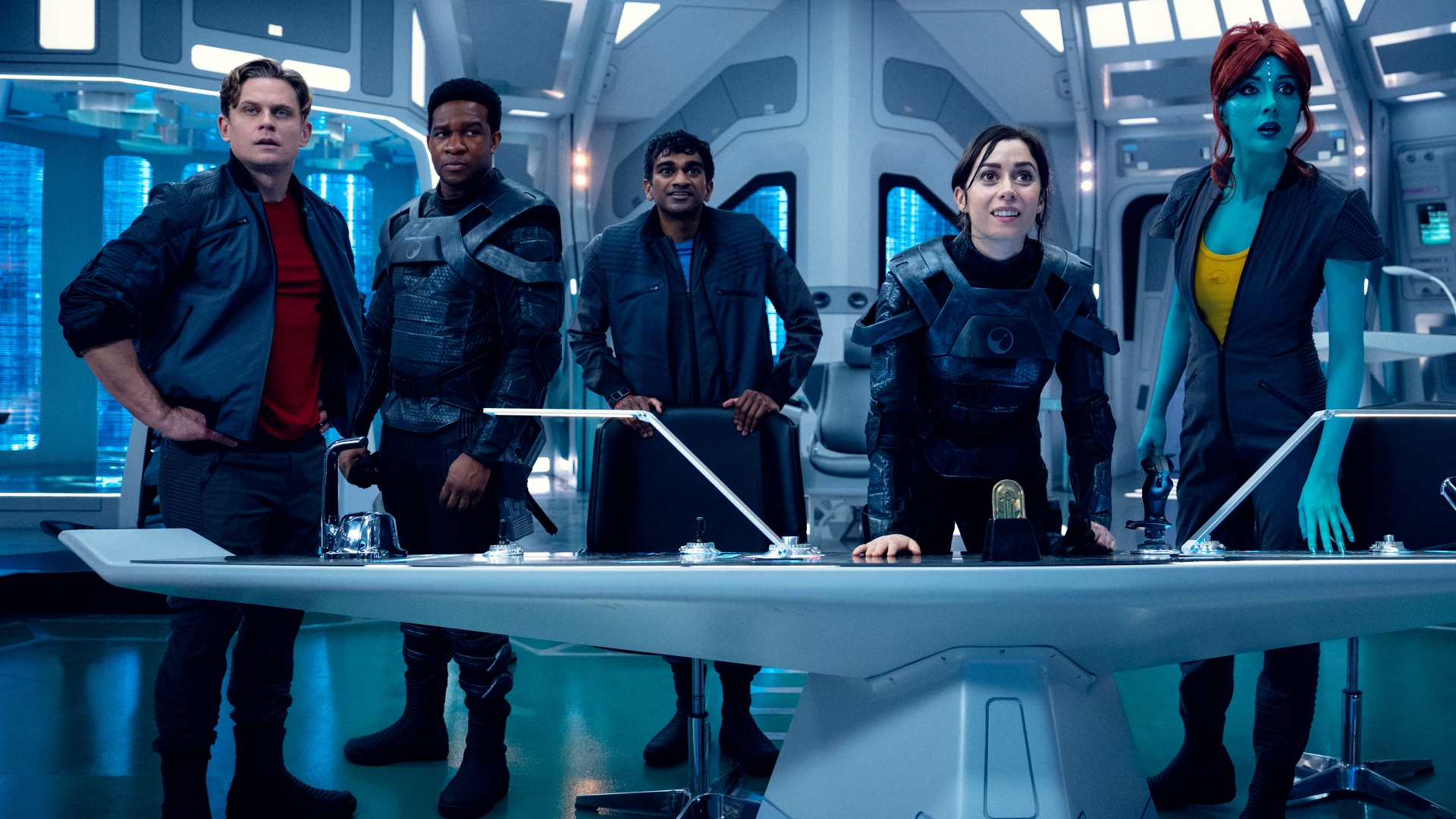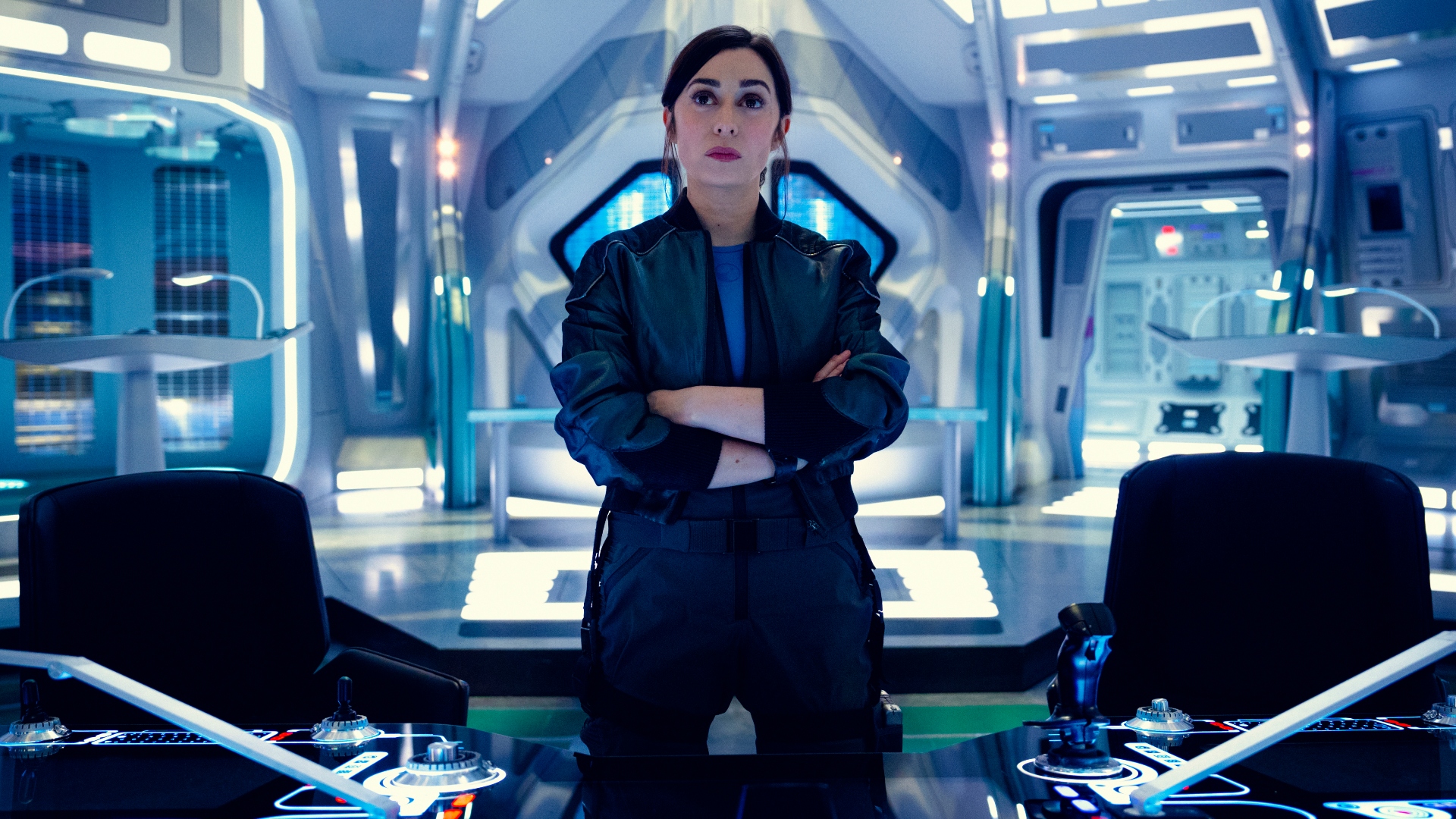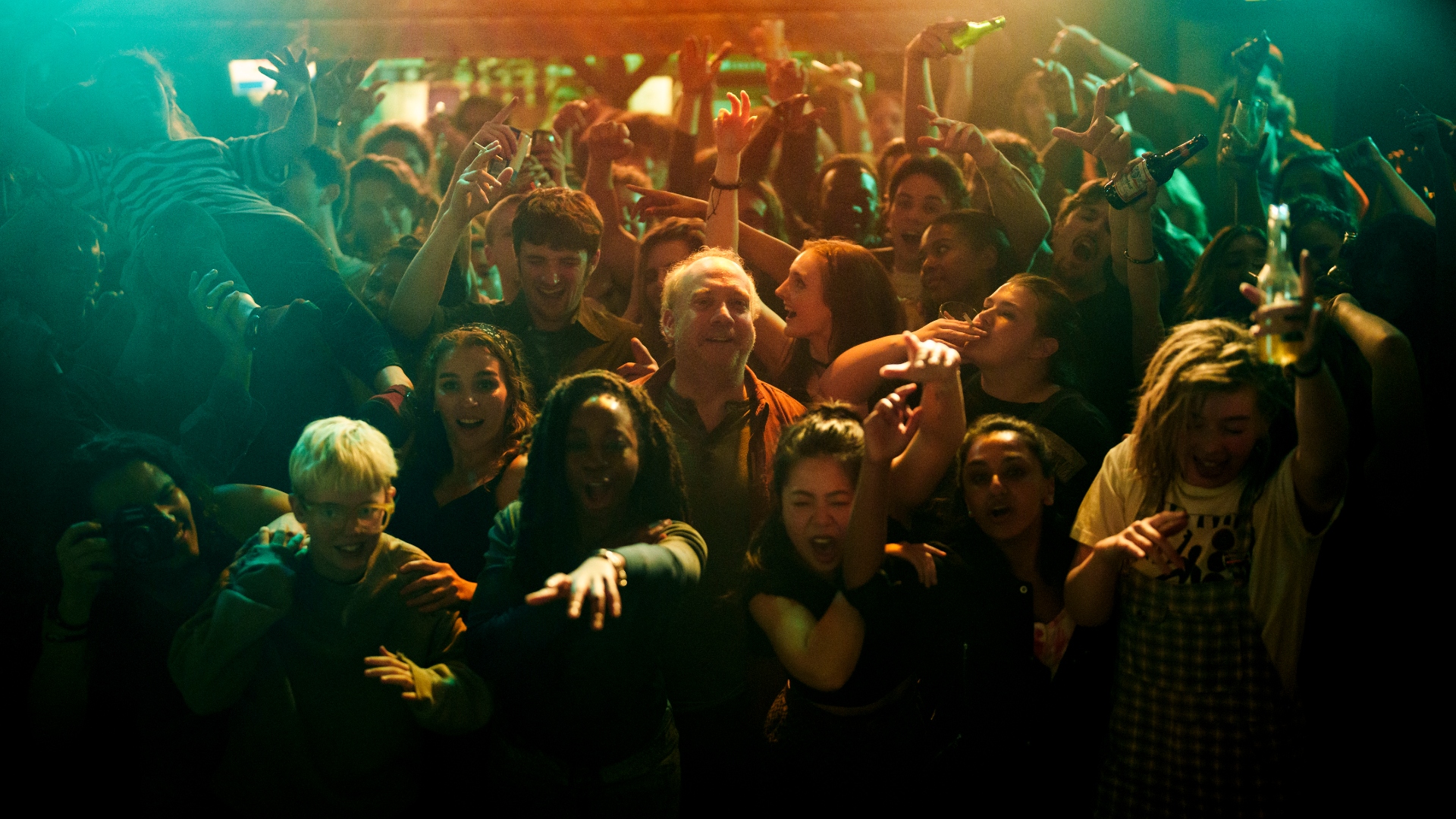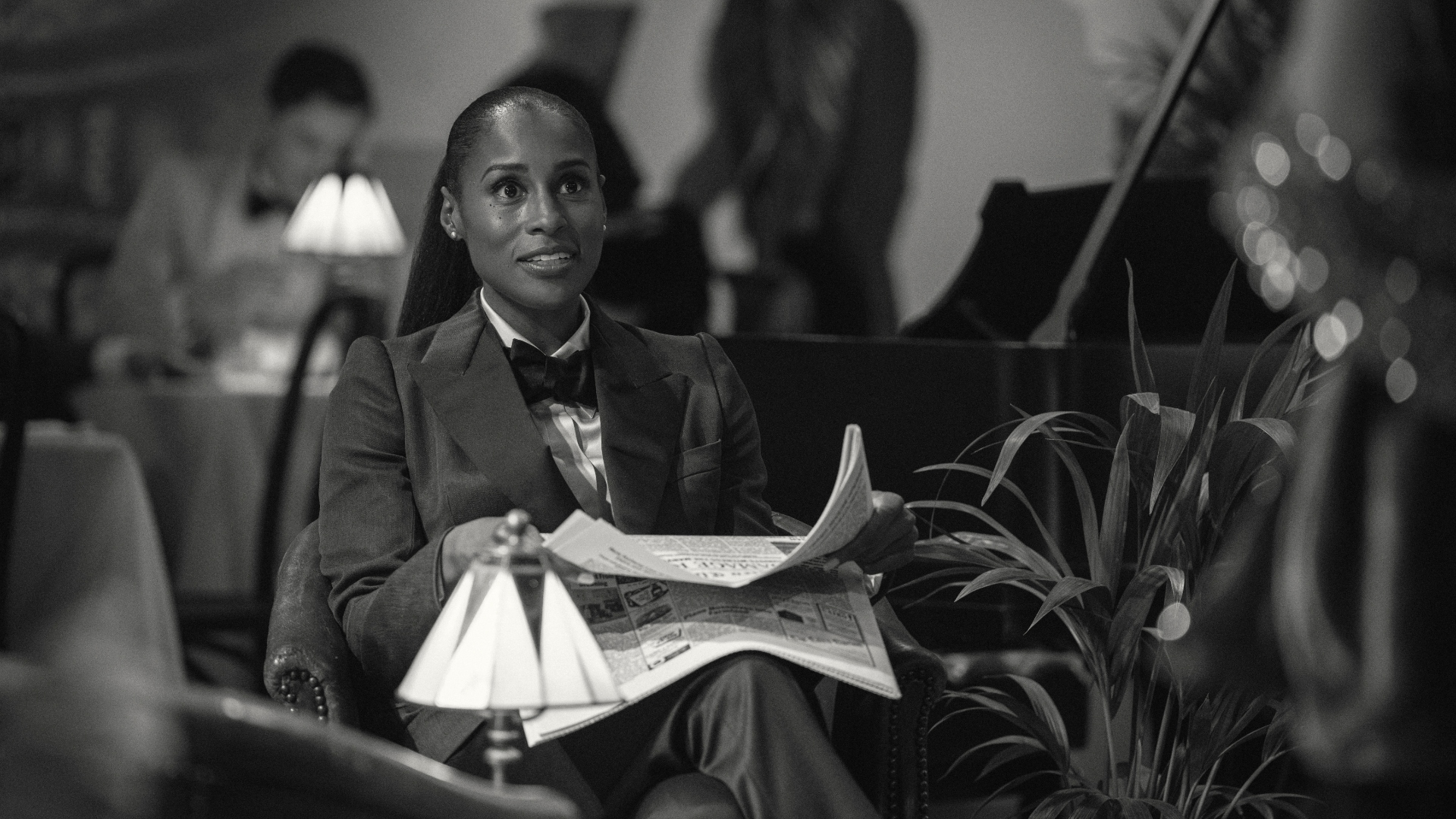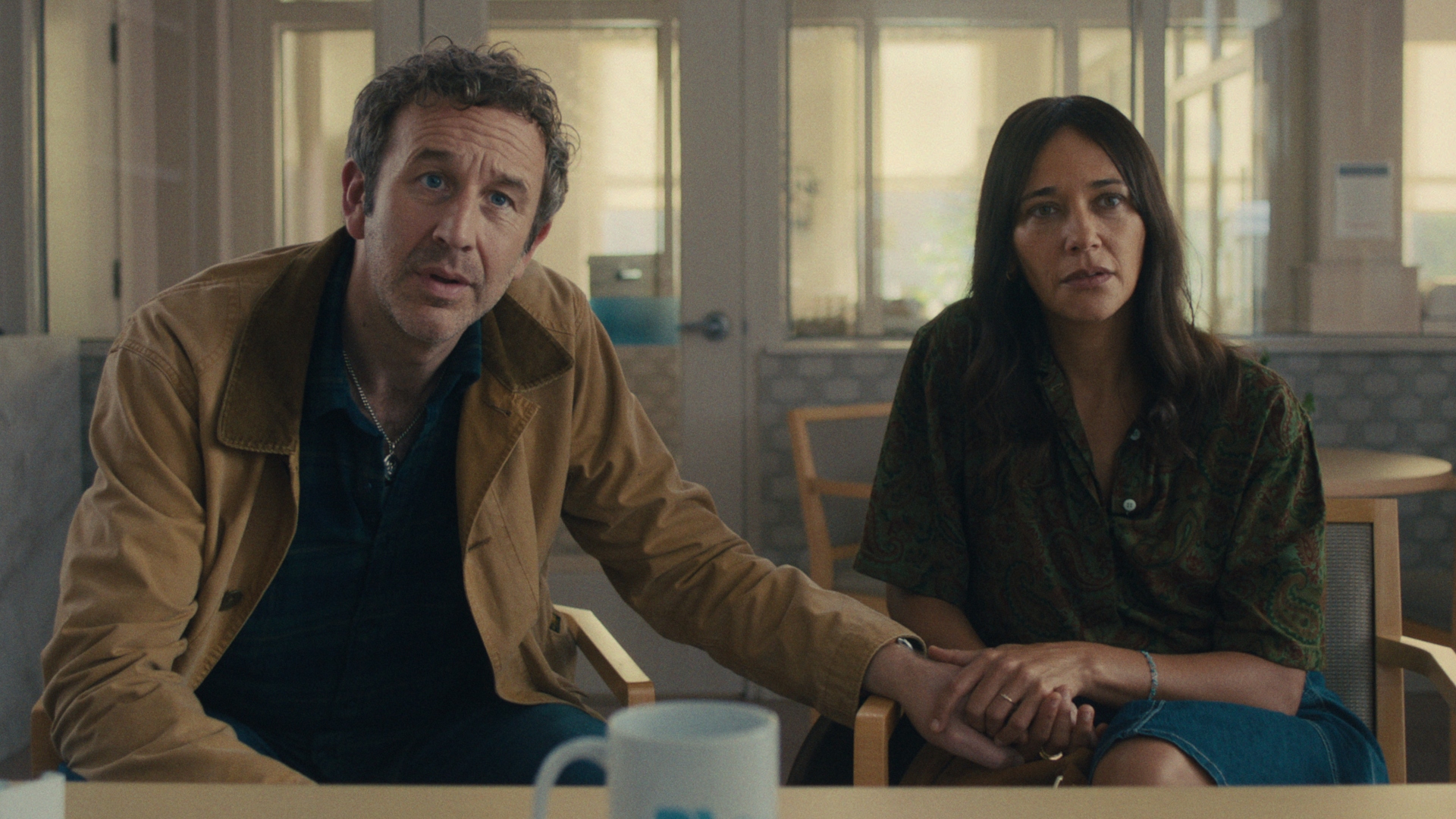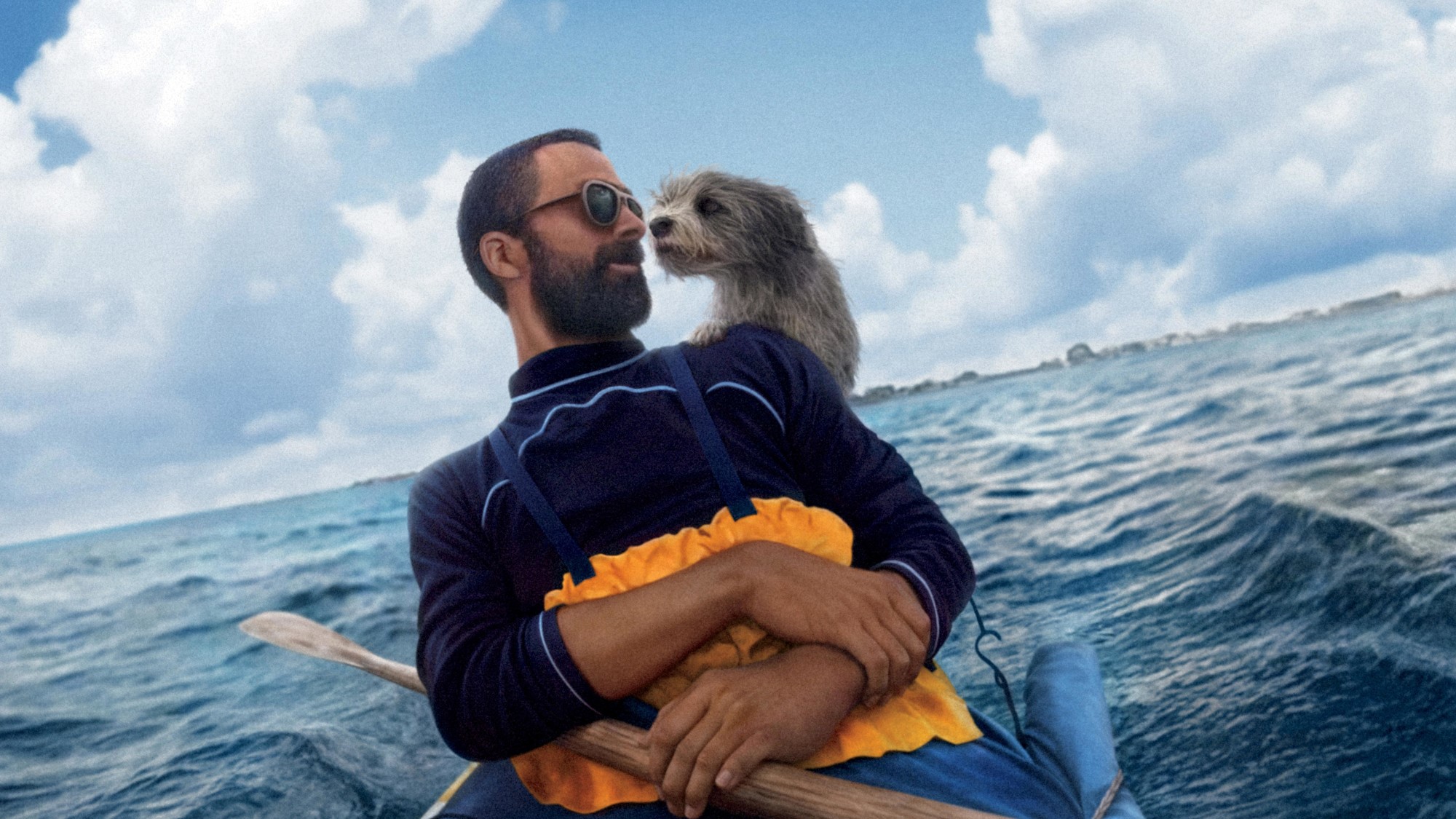‘Luca’ continues Disney’s legacy of blatant queerbaiting
Allegory is Pixar’s shield from having to make their obvious subtext into text.
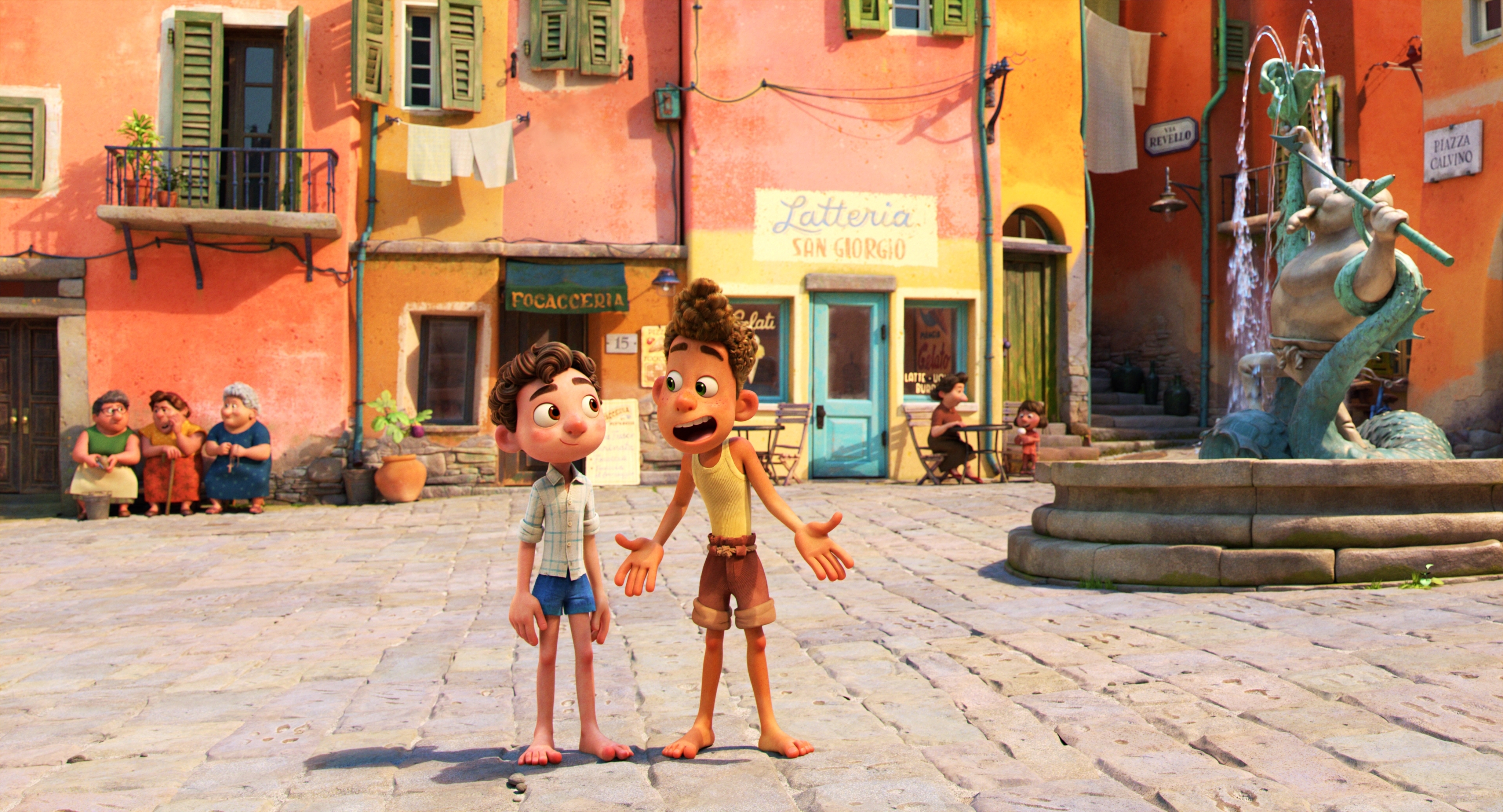
This article contains extensive spoilers for Luca and minor spoilers for ParaNorman, The Mitchells vs. The Machines, and She-Ra and the Princesses of Power.
Luca is, for all intents and purposes, a good film. It’s a cute, relatively low-stakes affair that isn’t as showy or even necessarily as inventive as Pixar’s best attempts, but it’s an enjoyable coming-of-age film nonetheless. What makes it stand out among Disney’s animated catalog, though, is that it is a pretty obvious attempt at tackling queer themes in a family-oriented film, which should be a laudable step forward for one of the largest entertainment companies in the world in recognizing and validating a sizeable percentage of their overall underrepresented audience.
Too bad Luca also aggressively pushes its queer themes into subtextual depths, preventing them from breaking surface even as they drive the entirety of the film’s emotional current.
If you didn’t catch this subtext upon first watching Luca, allow me to recap the plot, but keep in the back of your mind that Luca and Alberto’s status as sea monsters and adventurous personalities functions as a loose analog for queer identity. The film opens on Luca, an adolescent sea monster who wonders if there’s more to life than the cloistered role as a shepherd that his family foists upon him. After meeting another adolescent sea monster named Alberto, Luca breaks his family’s taboo and ventures onto the land, adopting human appearance and developing a close bond with Alberto as they endeavor to build the perfect Vespa together. Upon discovering Luca’s exploration beyond the confines of their safe home, Luca’s mother threatens to send Luca away with his deep-sea dweller uncle, hoping that the experience will convert Luca to a less adventurous disposition.
So Luca and Alberto run away to the nearby human-populated town, where they become embroiled in an annual racing competition with the goal of using the prize money to buy a Vespa of their own so that they may travel together. They attempt to assimilate into broader human society in spite of the town’s fear and revulsion toward sea monsters, even though there's an ever-present risk that touching water will reveal their true forms. They befriend fellow racer Giulia, and as she and Luca grow closer over their mutual love of learning, Alberto becomes jealous for reasons that he cannot fully articulate. Giulia’s father is an avowed sea monster hunter, though he unwittingly comes to love the boys whom he does not suspect are the objects of his ire. The town bully, Ercole, despises the outsiders as a threat to his role as the dominant masculine figure among the town’s children, even though he can’t pinpoint what about Luca and Alberto he finds so threatening.
In the end, as the boys finish the race at the cost of their anonymity, they find themselves face to face with the town-turned-mob. However, in contrast to Ercole’s feelings of vindication for having sussed out something off about Luca and Alberto, Giulia’s father lowers his weapon and points out that the boys have won the race, a tacit reevaluation of his prejudices against sea monsters. Following his lead, the town celebrates and embraces the victory. A pair of old ladies in the crowd even reveal themselves to be sea monsters, implying that they had been present all along without most people even realizing it. In one of the film’s closing scenes, Luca’s grandmother rather bluntly lays out the moral of the story to Luca’s overprotective parents: The world at large may never fully accept Luca as he truly is, but he is more than capable of finding his own friends and making community for himself in spite of others’ hatred. He’ll be just fine as he explores the world and finds himself in the process.
There are other minor points that reinforce its broader themes, but it’s fairly obvious even from this truncated outline that Luca is a story about coming-of-age, hiding one’s true self, hoping to assimilate into broader culture for fear of others' violent prejudices, and ultimately finding acceptance, not from everyone, but from enough people who matter that you can stand up to that prejudice. This is about as blatantly metaphorical of common queer experiences as mainstream filmmaking gets, to the point where it’s hard to believe it’s anything but intentional. I will not speculate as to the sexualities of any of the filmmakers, but this feels like a very purposeful translation of lived experiences into allegory, if not those of the writers, then of people to whom the writers listened and understood.
Get the What to Watch Newsletter
The latest updates, reviews and unmissable series to watch and more!
So why, exactly, aren’t Luca and Alberto gay characters?
The film as a whole is largely aromantic, which is not in itself a bad choice for a film marketed to children. The fact that there is no sense of attraction between Luca and Giulia is a refreshing change to a character archetype that another version of this film would assume is the default love interest as the only prominent female character the same age as the lead. But when considering the sheer scope of the queer subtext on display here, it seems weird that no romantic energy is on display in the intense friendship between Luca and Alberto, especially when Alberto starts to see Giulia’s friendship with Luca as a threat to their plans to run away together. In fact, the film goes out of its way to ensure that Luca and Alberto were temporary influences on one another, contriving their separation in a finale that, while satisfying in resolving their respective character arcs, reinforces the idea that there was nothing more between them than an intense period of self-discovery through the lens of their friendship.
So it’s a little strange that this tale with obvious queer themes does not bring its allegory into focus with obvious queer characters, but that in itself is not so strange in the history of film. After all, the horror genre has a long history of queer creators inserting their experiences through allegorical parallels into films that would not otherwise have been made for mass consumption. Allegory is often the refuge for queer creatives and audiences when the relatively brief history of the medium has largely coincided with puritanical rejection of anything openly not cisheteronormative.
But with regards to Luca, those defenses break down in a couple of key respects. First and foremost, Luca would not even be a forerunner in family animation to explicitly recognize the queer sexuality of its characters. ParaNorman, the first American theatrical animated film to have a canonically gay character, is nearly a decade old by now. The Mitchells vs. The Machines, a film that isn’t even specifically about queer identity, has a queer protagonist. In television, She-Ra and the Princesses of Power spent multiple seasons developing romantic tension between hero Adora and antagonist Catra, only for the two young women to end up together by the end and for the cast to be littered with openly queer characters along the way. There are numerous other examples, so Luca acknowledging its own queerness would be nothing new to the medium or to the film’s target demographic.
However, we’re also dealing with The Walt Disney Company, which is where the excuse truly breaks down. Disney absolutely loves to talk out both sides of its mouth when it comes to queer representation in its properties. From embracing decades of queercoding in its villains as a sort of camp sub-brand marketed to the gays who identified with them growing up, to the decade-long cycle of breathless news stories about how Disney has finally included a gay character in one of their films—only to have a single effeminate man receive a blink-and-you-miss-it confirmation that they might have a male partner—Disney loves to play to a queer audience with the conviction that we will be satisfied with scraps of subtlety.
They quite notably did this with the early marketing for Luca, which did not even advertise the sea monster fantasy of the premise, whereas the film opens with the existence of sea monsters as a given fact of the setting. The originally released logline only shared that it was a story of two boys coming of age and growing close in an Italian seaside town, inviting immediate and obvious comparisons to modern queer staple Call Me By Your Name. Luca even shares a first name with Call Me By Your Name’s director, Luca Guadagnino. To think crafting this first impression with the public was unintentionally queerbaiting assumes a pretty large amount of naiveté on Disney’s part, which history shows they do not have.
The obvious reason why they would continue to play games with their queer audience is economic. Disney risks tarnishing their family-friendly brand with the Evangelical audience, not to mention the possibility of losing the ability to show the film internationally in markets that forbid homosexual content, so abandoning their ability to plausibly deny the queerness of their properties is a strategy meant to ensure that they lose as few potential customers as possible while still ostensibly "making strides" for a generally more accepting culture. But Disney, being the corporate entertainment monolith that it is, has much more power over the market than any queer auteur had in sneaking queer themes into their otherwise commercial work. If any company has the power to stand for LGBTQ+ equality in spite of the potential economic consequences, it’s the one that has made a point of buying up competing brands and studios to the point of market domination.
Luca didn't even end up being a theatrical release, going straight to Disney+ in a bid to draw people to the platform as theaters still recover from the past year. Though Disney frames this as a cautious way to beneficently allow families access to their latest animated feature without risking their safety in theaters, it's just as likely that the company was nervous that the film had gone too far in its queer subtext and that it was safer to lose the film in the sea of its other content without having to face the backlash that a larger marketing push would have provoked. That is pure speculation, but given Disney's track record for avoiding conservative alienation in the name of "family friendliness," it wouldn't surprise me in the least.
If you like Luca, the point I’m making is not that you should dislike the film. I enjoyed it myself for the slight adventuresome romp that it was, frustrations with its cultural cowardice notwithstanding. Alas, it would do us no favors to ignore how Disney, Pixar, and the creative talents behind Luca have little in common with allegorical auteurs of less accepting times. Allegory has traditionally been a sword to cut through cultural prejudices to tell a story to an audience otherwise hostile to hearing it. Disney uses allegory as a shield to avoid having to address the prejudices of a shrinking percentage of its audience. Luca is simply the furthest Disney has ever dared to push its own arbitrarily imposed envelope, but it’s still not nearly far enough.
Leigh Monson has been a professional film critic and writer for six years, with bylines at Birth.Movies.Death., SlashFilm and Polygon. Attorney by day, cinephile by night and delicious snack by mid-afternoon, Leigh loves queer cinema and deconstructing genre tropes. If you like insights into recent films and love stupid puns, you can follow them on Twitter.

